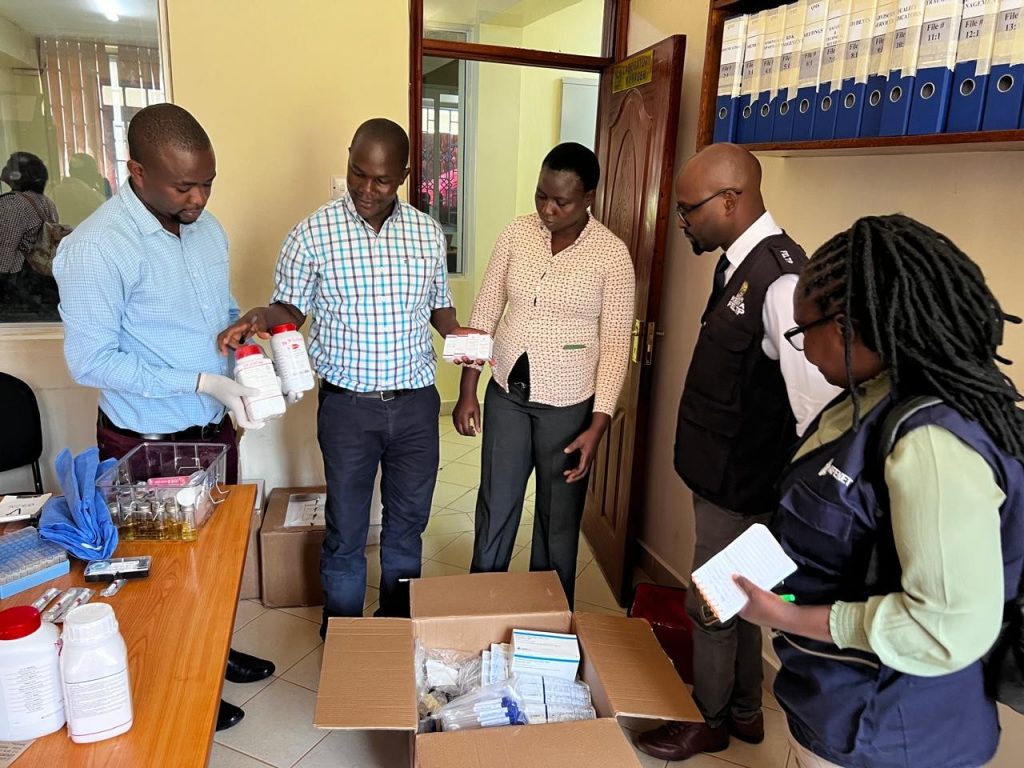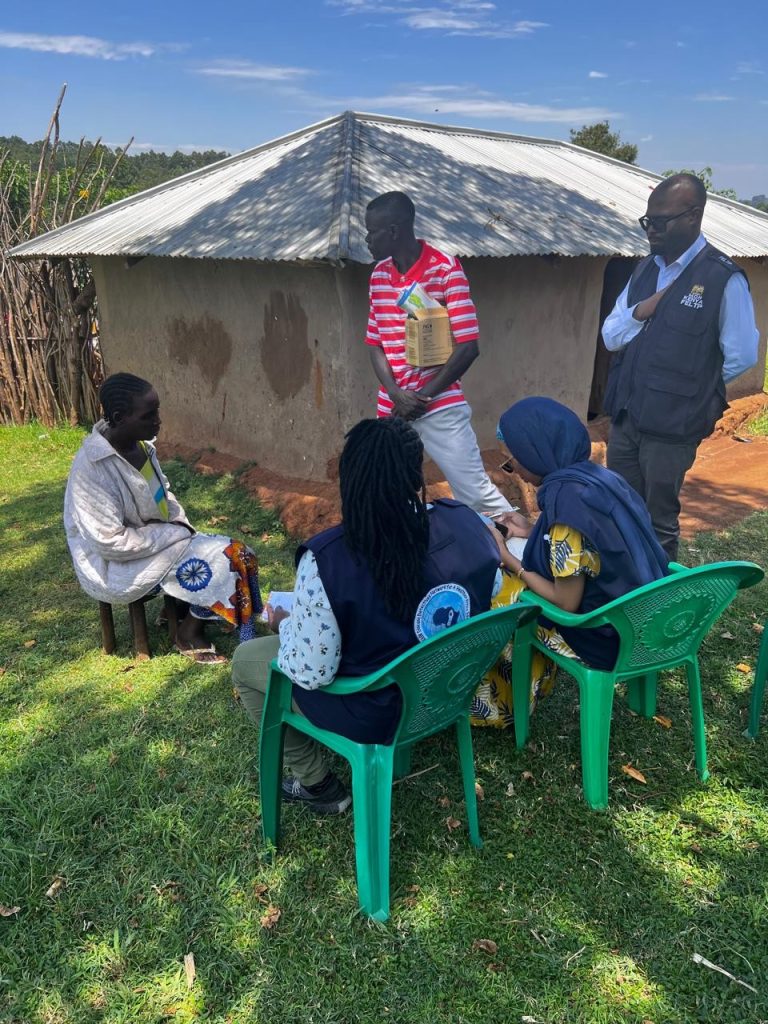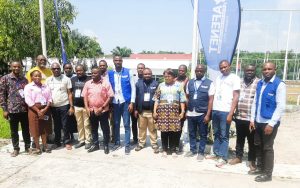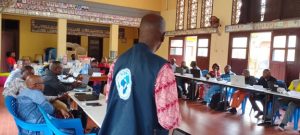Cholera outbreak in Migori highlights WASH and cross-border gaps
-
by
AFENET

From February 19–26, 2025, a team of field epidemiologists from the Kenya Field Epidemiology Training Program (KFELTP)—Annette Chesir, Dr. Fredrick Mutisya, Habiba Mohamed, and Onesmus Mmboyi—under the supervision of Dr. Maurice Owiny, conducted an in-depth investigation into a cholera outbreak in Migori County, Kenya.
The team identified a total of 37 cholera cases, with 81.1% testing positive using Rapid Diagnostic Tests (RDTs). Laboratory analysis confirmed the presence of Vibrio cholerae O1 Ogawa in 7 out of 14 stool specimens tested. The case fatality rate (CFR) stood at 2.1%, exceeding the WHO threshold of less than 1%, signaling a critical public health concern.
Key risk factors identified included:
- Poor water, sanitation, and hygiene (WASH) practices, such as the use of unprotected water sources and inadequate sanitation facilities.
- Cross-border movement between Kenya and Tanzania, which fueled disease transmission across communities.
- Strengthening surveillance and early warning systems
- Expanding access to clean and safe water
- Intensifying hygiene promotion campaigns
- Enhancing community engagement and cross-border collaboration




